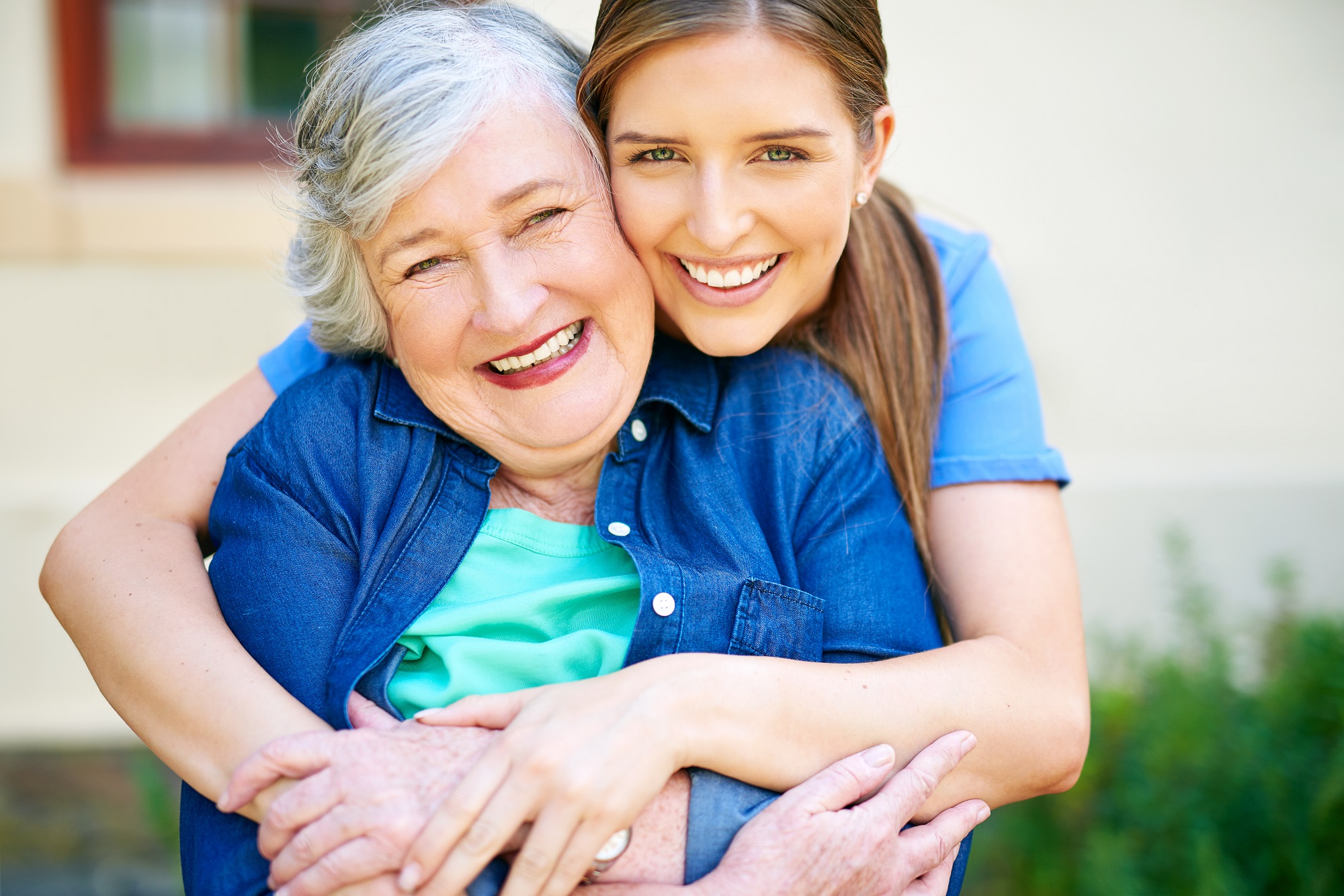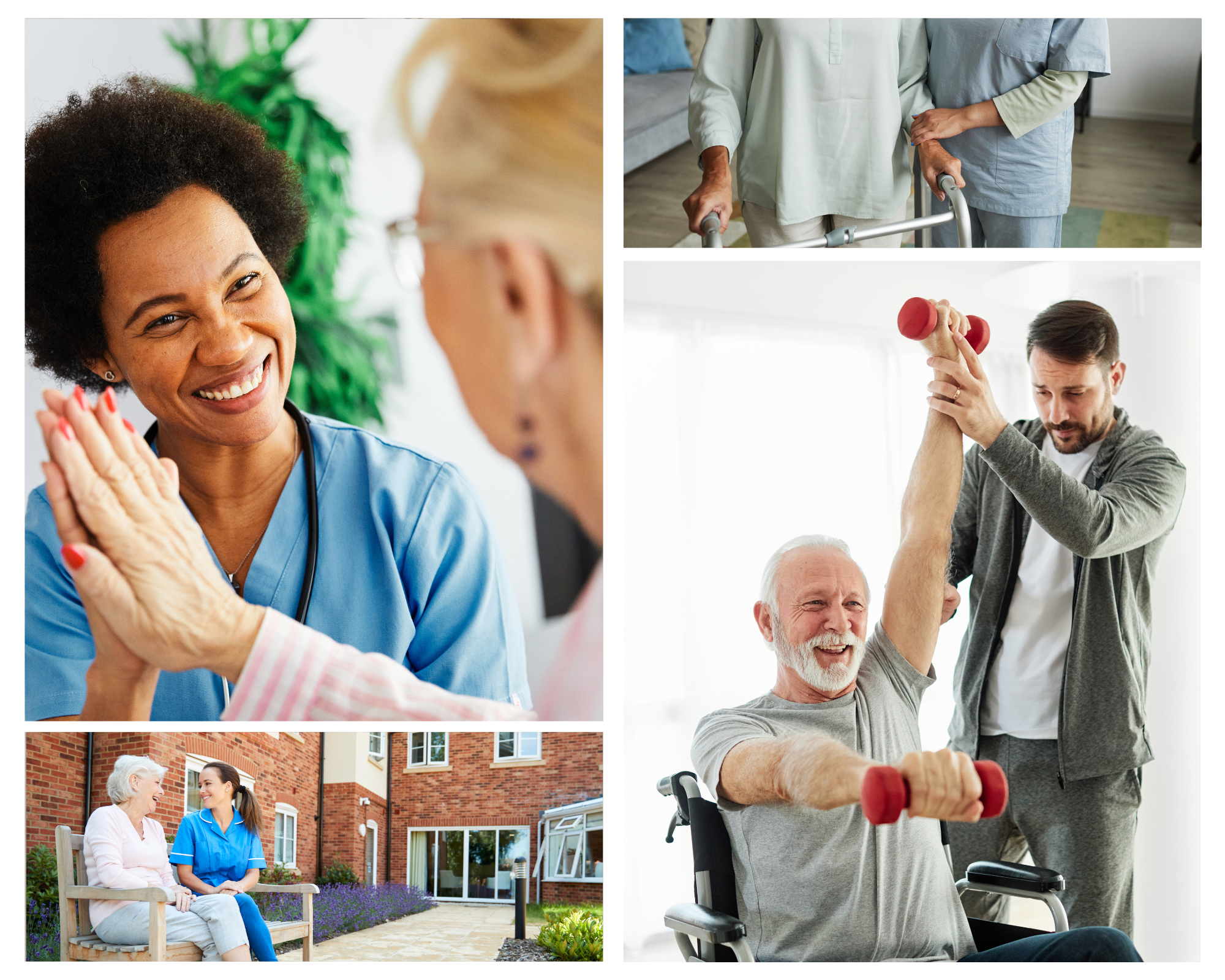How to Use FaceTime: a Senior’s Guide
When your children or grandchildren don’t live within comfortable driving distance, it is possible to go months—or even years—without seeing their faces. Phone calls naturally help, but it doesn’t replace the delight of seeing them face-to-face. These days, however, there is an easy way to see your loved ones without having to contest with the challenges of travel: FaceTime!
FaceTime is an application created by Apple that allows you to video call your loved ones anywhere in the world. Learning how to use FaceTime can be daunting for some older adults, but the process is actually quite straightforward.
How to use FaceTime: a senior’s guide
The first time you use FaceTime, you will be prompted to sign with your Apple ID— the account that connects all your Apple services, such as iMessage, Apple Music, and iCloud. You should have created your Apple ID when you first got your Apple device (iPhone, iPad, or IPod) and saved it in an easy-to-remember location such as a password notebook. Retrieve it from this location if you don’t remember it off the top of your head.
Once you’ve logged in, ensure your FaceTime is properly set up.
- Open your settings (the gear icon). This function can be accessed on your screen, or by searching for “settings” in your phone search bar.
- Inside settings, click on the FaceTime option (a green button with a white camera). Select the toggle so it becomes green, which allows others to contact you via FaceTime. You won’t be able to use the app without doing so.
Hosting your first FaceTime call
Once the application is properly set up, you are ready to make your first call! The process is as easy as pressing a few buttons: enter the name or phone number of the person you want to call, then press the green camera button that says “New FaceTime.” Note that your call may ring longer than a traditional phone call due to your network connection.
If you select the phone option, this will start a FaceTime audio call. If you accidentally select this, you can transition the call to FaceTime by selecting the FaceTime option under the keypad button. You can also make a FaceTime call by heading to your contacts, finding the person you would like to talk with, and tapping the FaceTime button.
While chatting, you may see a few options in the middle of the screen. These include:
- Speaker. Resembles a speaker with curved lines coming out of it. This button determines where the sound of your call comes from, making it louder once clicked on.
- Camera. Looks like a video camera. This button turns on or off your camera.
- Mute. Looks like a microphone with a line through it. This will mute your audio, not the other person’s.
- Share. Resembles a screen with a person standing next to it. This button allows you to share your screen with the person you are on the call with.
- End. Looks like a red “X.” This ends your call.
Other than the end button, you will know which button is currently in use because it highlights white.
If you are a visual learner, there are many options for you to grow comfortable with your new application. Head to YouTube for dozens upon dozens of resourceful videos, such as this concise option.
Troubleshooting potential problems
- Can’t call your loved one. This could be a few problems. Before you try to call your child or grandchild via FaceTime, ask if they have an iPhone. Only Apple devices can be contacted via FaceTime. If they have any other cellular device, it won’t work. If they do have an iPhone, it could be a network (or Wi Fi) problem.
- The app keeps crashing. Shut down and open the FaceTime app again. If the issue persists, you may have to check for updates. These can be found in your settings by searching “IOS updates.”
- Can’t hear anything. Inspect your volume settings. You may have your device at a low volume without realizing it. If volume is still an issue, try restarting the application as well as your phone.
Home care made easy
As you age, don’t struggle with the activities of daily living if you don’t have to. Instead, call upon the help of an at-home caregiver with Home Care Powered by AUAF. For more information on our diverse services, give us a call at (773) 274-9262. We are ready to support you.



































































 “Thank you for helping me retain my independence.”
“Thank you for helping me retain my independence.”









